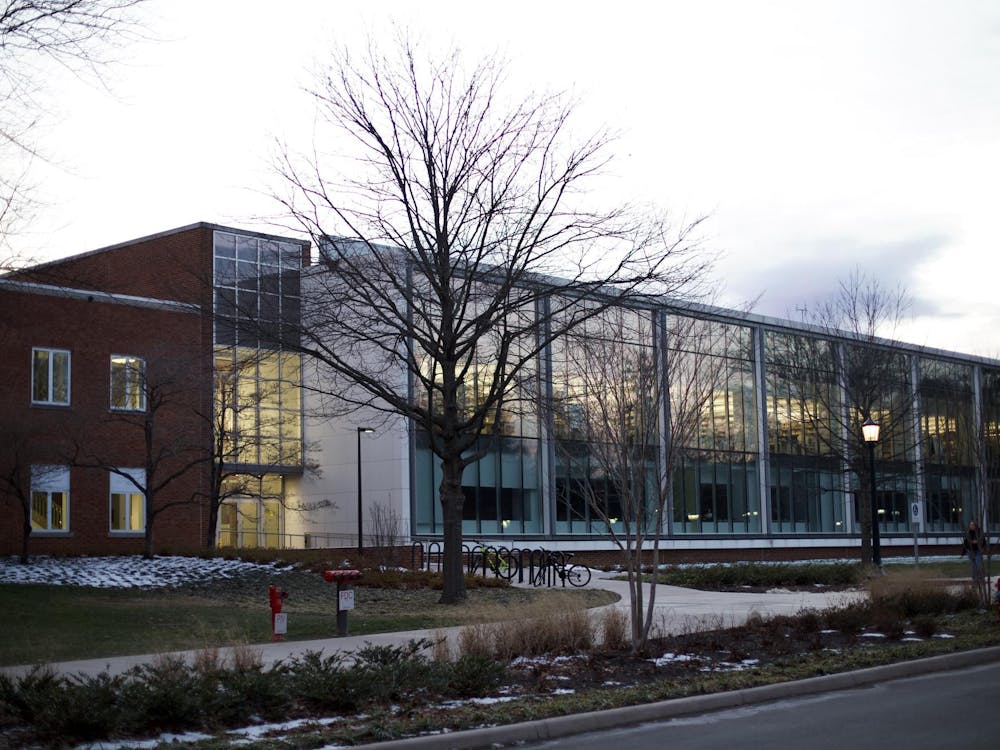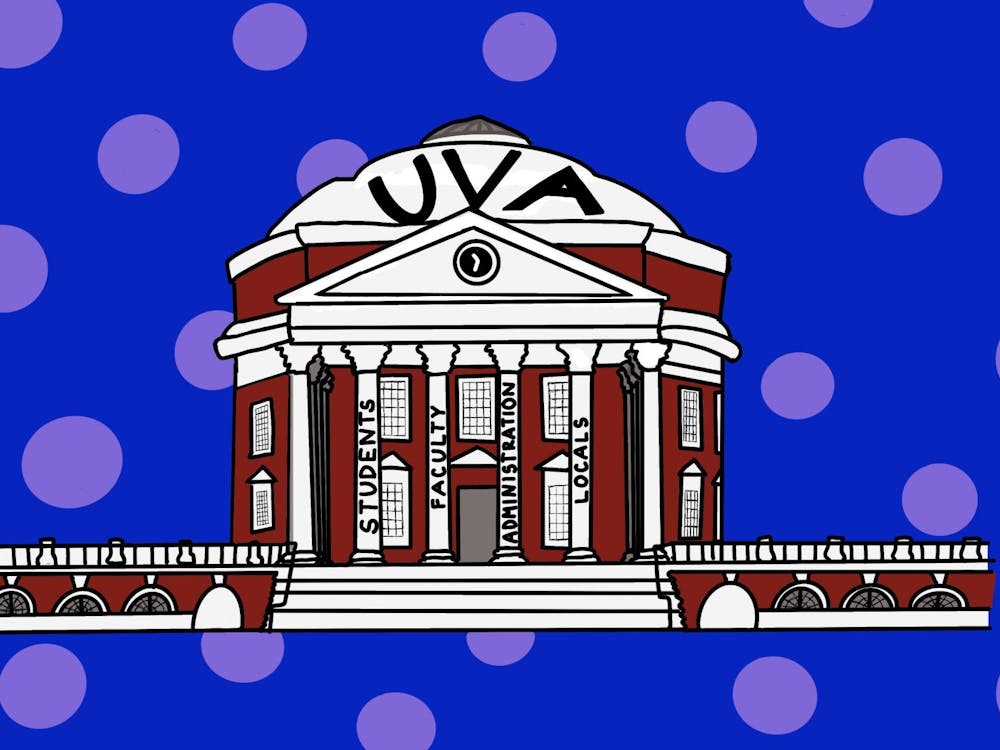The article “Study finds Jefferson Public Citizens programs succeed” published November 14th in The Cavalier Daily cites a study by the Youth-Nex program in the Education School to proudly state that the “Jefferson Public Citizens initiative is accomplishing its objectives to help students develop leadership and communication skills applicable to real-world settings” without pausing to examine critically how the study defines success. The authors describe success purely in terms of the benefits for students — more specifically, the development of leadership and communication skills — without assessing the project’s impact on the communities in which the students implement their projects. This reveals some of the harmful value-judgments behind the JPC program, which values the students’ experience more than the community’s, even though the community has more at stake since it has to live with the consequences of the project.
Some background: JPC offers grants to University students who engage in community-based service-learning research projects, many of which occur outside the United States. The grants are a maximum of $30,000 for a team of about five to six students, with a significant part of the budget going toward participants’ plane tickets and stipends. For many students, it is their first time visiting the community, and often the students are not even fluent in local languages. While some students elect to do their projects in the United States and even Virginia, one could also argue that they are still outsiders to the rural and poor communities they visit.
Thus, it is no surprise that “20 percent of community partners the students worked with said the product they received ‘was not of high enough quality to benefit anyone.’” It is not clear whether the Youth-Nex study that the article cites even interviewed the community members who had to live through the projects’ long-term impacts.
What about instances where JPC projects do more harm than good? Salient examples of the dangers of letting JPC students loose abroad span from Jamaica to Mongolia. The ecoREMOD2 JPC project in 2011 aimed to remodel a home in Jamaica while preserving its historic character and renovating it be more sustainable. The project proceeded without obtaining a proper building permit and resulted in a woman getting evicted from the home — who was never heard from again. In another 2011 project, I learned from a presentation in Prof. Bob Swap’s GDS 3100 class that a team which aimed to make a greenhouse out of recycled glass in Mongolia had its project hijacked by its community partner who exploited the project for political capital in his parliamentary campaign.
While the students involved in these projects learned from their mistakes and were able to embrace their time with JPC as a learning experience, many community members are left to live with the students’ mistakes without any beneficial take-aways. JPC’s interventions in Jamaica resulted in the eviction of a woman from her home. The JPC project in Mongolia was used by a political campaign. JPC and Youth-Nex wrongly choose to focus their analysis of JPC solely on how the program affects the students when, in the end, students have the least at stake in these projects. Students learn from their mistakes, and the community lives with their mistakes.
Surely there are other ways to help students develop their leadership and communication skills besides exporting them abroad to communities they know very little about. What makes University students entitled to enter these communities to begin with? Yet JPC sends students abroad without a serious discussion of the privilege behind their global mobility. Although JPC students are encouraged to have culturally sensitive projects, the concept of service-learning is itself rooted in Western values. As a result, the communities they visit can turn into an uncontrolled laboratory for undergraduate social experiments, as outlined above.
I understand the value of pursuing undergraduate research, but the “service” component of JPC projects can have dangerous implications for the very communities they are trying to “serve.” Without a self-conscious and critical examination of their projects, students end up imposing their values on the communities instead of learning from them. Indeed, many current development projects are designed purely to correct problems that were created by previous interventions in the name of “development” — colonialism, neo-imperialism, etc. Student service-learning should not be at the expense of the community, otherwise the biggest lessons students will take away is that they have the right to intervene anywhere they please — regardless of the consequences — all for the sake of their learning.
Krista O’Connell is a fourth year in the College.





